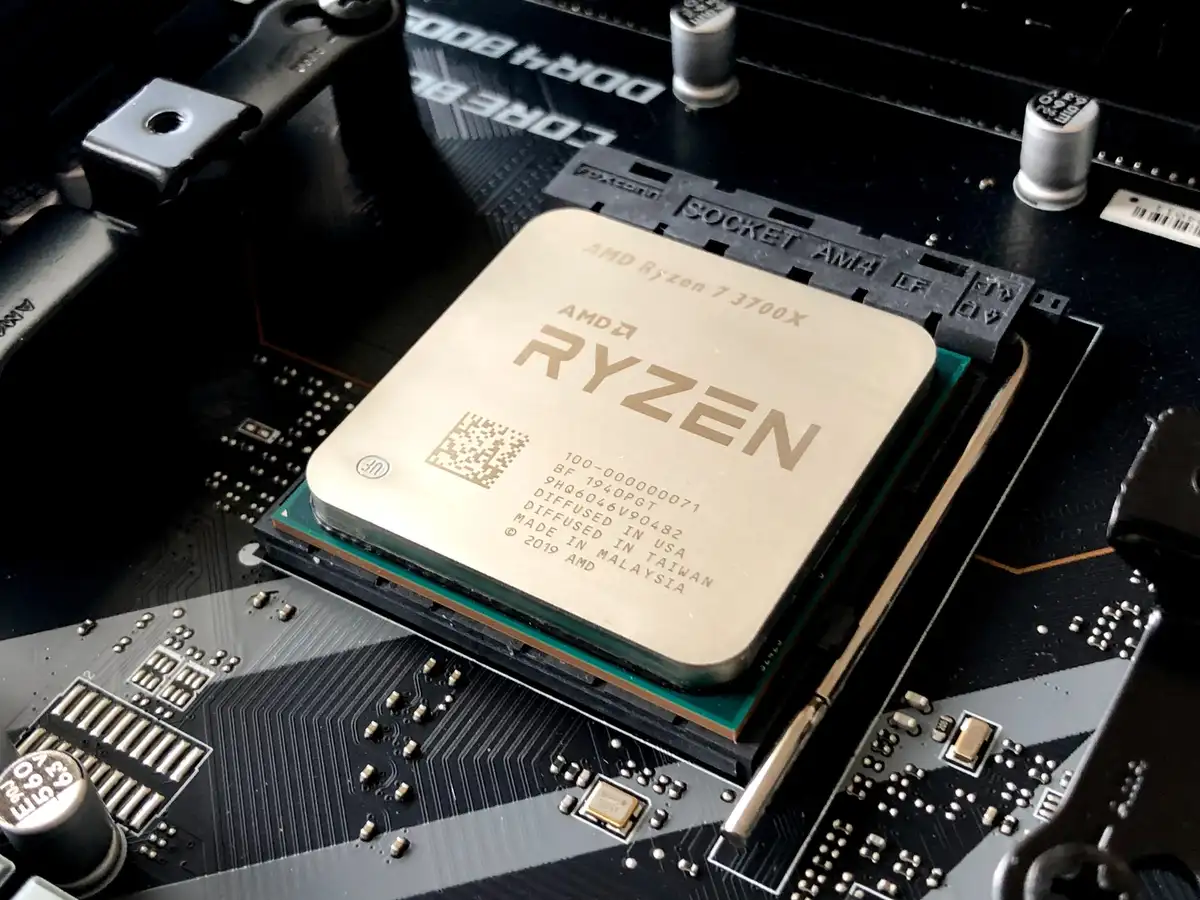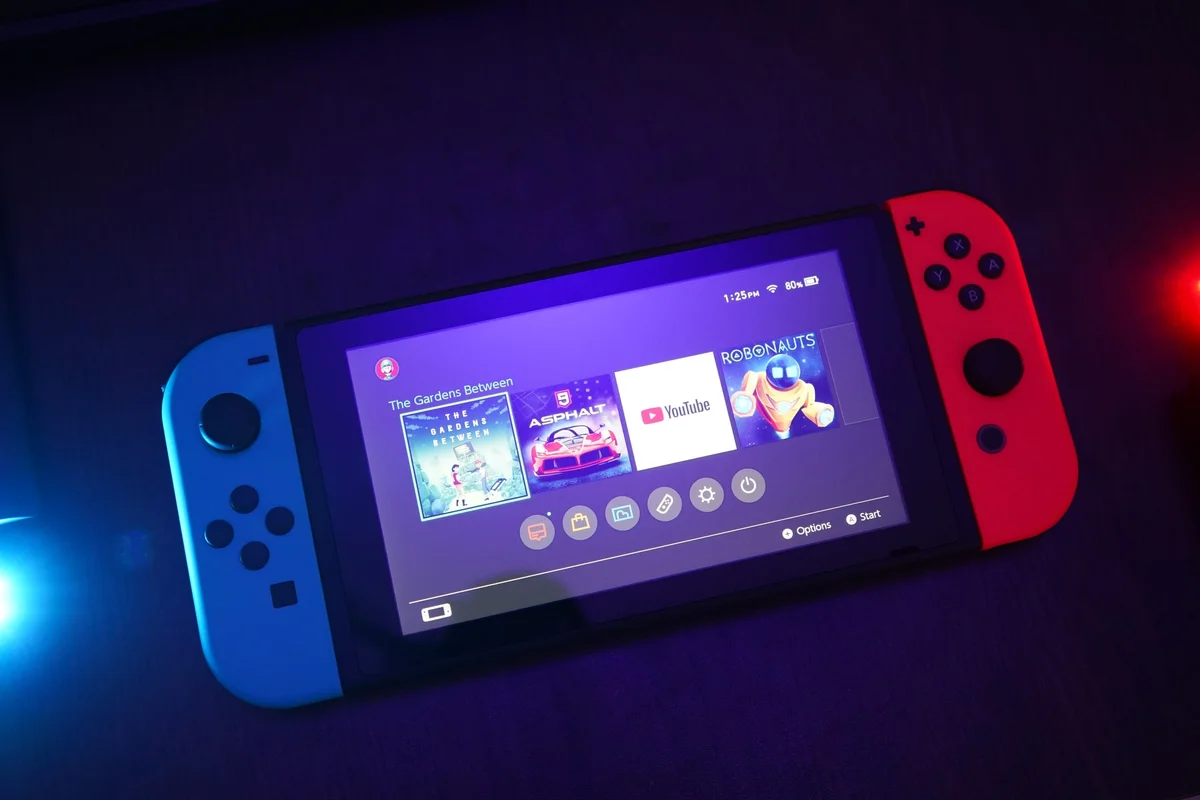What’s a Good Processor Speed for Gaming?
Most recent games need a CPU speed of 3.5 to 4.0 GHz. Good single-threaded performance is more crucial for gaming than processing speed. Having “good” single-threaded performance indicates that the CPU can comprehend and execute single tasks quickly, which results in a quicker laptop. Hence, processor speed for gaming matters a lot. Online gaming may need a 5 GHz CPU due to the heavy reliance on Web resources.
However, if the games you play don’t require as much processing power, a 2.4 GHz processor will do. The number of cores and the performance per thread are the two most critical factors in determining the CPU’s speed.
What Is the Purpose of a CPU in Gaming?
Understanding what the CPU accomplishes is the first step in determining what constitutes a decent processor speed for gaming. Your gaming laptop’s performance may be enhanced by each of its parts. Let’s take a closer look at what makes a CPU so speedy.
The CPU is the laptop component in charge of all the many games and peripherals connected to the gaming laptop, such as the keyboard, mouse, and display. Interpreting the instructions, the processors identify the correct output.
Integrated components of a CPU work together to provide the data you need to play the game.
The number of cores and clock speed, on the other hand, determine how rapidly the CPU can process information. The amount of information the CPU can handle at one time is largely determined by these two processing technologies. And how rapidly the CPU can handle that information. Processor speed is measured in gigahertz (GHz) and refers to the rate at which the processor’s cores and clocks operate.
What Does It Mean When You Talk About GHz?
A CPU’s internal clock frequency is measured in gigahertz. When the clock strikes, information is being processed. 2.4 billion commands can be processed in a single second by a 2.4 GHz CPU. CPUs with clock speeds over three gigahertz (GHz) can perform 3.5 billion instructions per second.
In general, a faster CPU will have a higher clock speed. Every second, the CPU performs a large number of low-level calculations (such as arithmetic) on instructions from various games and devices. The clock speed of a CPU is measured in gigahertz, which is the number of cycles the CPU performs every second.
To be more precise, this “clock cycle” is a series of pulses generated by an internal oscillator and timed accordingly. To put it another way, a clock cycle is a fundamental unit for determining the rate at which a processor’s billions of transistors open and close.
Why Is Processor Speed So Important?
The speed of a laptop’s processor is one of the most crucial factors to consider. One piece of hardware, the processor, serves as a single unit responsible for processing and executing instructions in a computer. Whenever you open software or utilise an app, it must first be processed by the CPU.
You need as much computing power as possible for high-graphics activities like gaming. Furthermore, it is critical to move at a rapid pace. It has a significant impact on the gaming laptop’s overall performance. More advanced video games can make use of a faster CPU. Processing power is required to run high-definition games. Overwatch would not have been conceivable without a powerful CPU.
Core vs Clock Speed
CPU cores and clock speed are two separate aspects of the CPU that work together to help your gaming laptop perform at its best. This is a good time to look at these technologies, as gaming has special CPU needs.
The core of the CPU
The CPU has several different processing units. Instructions for a single computation are sent to one processor core. This data is processed fast by the CPU and temporarily stored in RAM using clock speed (Random Access Memory).
The hard drive, which might be an SSD (solid-state drive) or MHD (mechanical hard drive) or a mix of the two, holds all of the data that has to be saved permanently.
There are several cores in current CPUs. If you want to broadcast games while you play, your laptop’s numerous cores make this possible. A multicore CPU is needed to keep up with the audio and graphics demands of complex games like AAA titles.
A Clock’s Speed
The CPU’s ability to retrieve and understand instructions is determined by its clock speed. As a result, your laptop can accomplish more work in less time.
More GHz means greater clock speed. IBM initially launched multi-core processors in 2001 as a way to make CPUs work harder when clock speeds were reaching their limits.
Increased clock rates imply that your CPU can finish tasks more quickly, resulting in a more fluid gaming experience.
What is a “thread?”
Essentially, each thread is a virtual core of the CPU. To virtualize cores, Intel and AMD both employ hyperthreading while AMD uses SMT (simultaneous multithreading). Virtual cores or threads can be created from actual cores to boost CPU performance.
This means that the two CPUs in a dual-core computer will perform like the four cores in a quad-core computer. With this virtualization technology, a quad-core CPU will perform as if it had eight cores, and so on.
Using several threads, a multicore CPU may handle more than one piece of data at a time.
How Many and How Fast of a Processor Should I Use for Gaming?
The performance of other components such as the graphics processing unit (GPU), random access memory (RAM), and storage will be influenced by the CPU’s capabilities. Add in any gaming keyboards, mice, or displays that you’ve connected to your computer.
It’s also a good idea to keep this in mind, especially if your game requires certain hardware.
Gaming Processor Requirements
In terms of gaming, a clock speed of between 3.5 and 4.0 GHz is ideal. In the future, video games will only get more difficult to understand. Enhanced features and more realistic experiences need processors that can keep up with the demands of the game.
The majority of today’s video games make use of one to four CPU cores. If you’re planning on doing any gaming, you’re probably better off going for a laptop with a quad-core CPU. Even more, cores are needed for a maximum gaming experience in several games that are continually improving their gameplay. Six-core processors are a good option for gamers who want to keep as close to the original experience as possible.
Multi-core technology is used in CPU-intensive games to enhance the realism of the visuals, music, and gameplay. It is possible to finish tasks faster with a high-performance CPU even if it does not have enough cores. Functionality can be hindered by the lack of cores, though.
Immersive computing (VR)
Augmented reality and virtual reality (AR/VR) require a multi-core CPU and high clock rates, just like gaming.
Performance Comparison: Single Core vs. Multi-Core
Earlier, we asserted that clock speed is less significant than strong single-threaded performance in a CPU. Not to be confused with a single-core processor, however.
This signifies that the CPU performs an excellent job of comprehending and finishing one-task-per-processor activities. The more cores a CPU has, the more instructions it can interpret and process at the same time. The distinction is imperceptible, yet it’s crucial.
Faster Processor Speeds or More Cores?
On paper, a laptop with several cores and high clock rates seems appealing. However, what does this imply in terms of your gaming rig’s real functioning mean?
With fewer cores and a faster clock speed, your system can load and interact with individual apps at lightning speed. While a gaming laptop with more cores and a slower clock speed can run more programmes at once, the longer it takes to interact with those programmes is the price you pay for that convenience.




